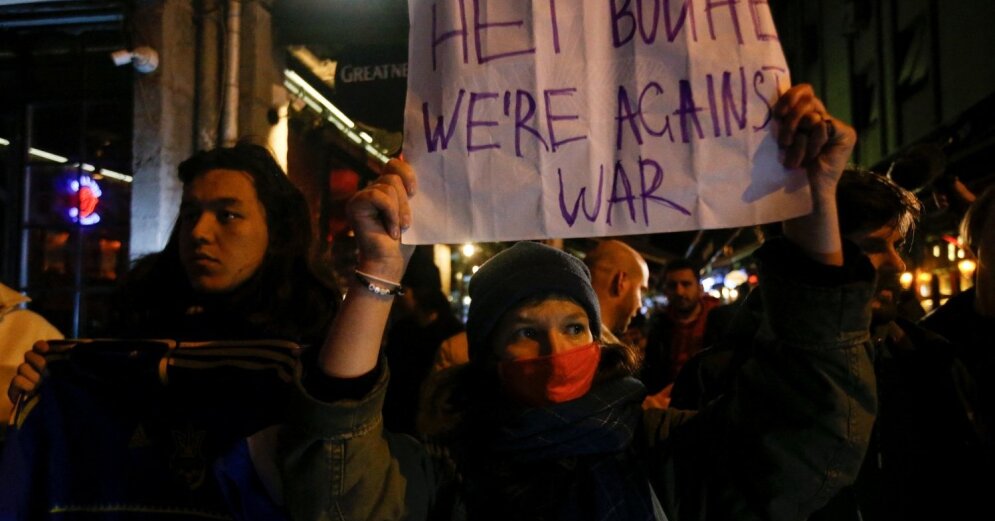This year, the United States, along with other countries, want to ensure that at least 15 billion cubic meters of liquefied gas (LNG) is supplied to the European Union. That has been announced by the White House and the EU.
It is part of a plan to make the European Union less dependent on Russian gas, the allies write.
10 percent
In 2021, the European Union still imported a total of 155 billion cubic meters of gas from Russia, according to figures from the International Energy Agency. That is almost 40 percent of the total gas consumption in the EU. Today’s deal therefore concerns just under 10 percent of EU gas imports from Russia.
“Every little bit helps,” says Lucia van Geuns, energy expert at The Hague Center for Strategic Studies. But this deal also comes with challenges, she says. “America cannot cough up all of that gas itself, and will have to enter into partnerships with other countries that have LNG through market parties.”
More LNG also requires changes to the infrastructure. For example, the Netherlands will use the Gasunie to build additional gas terminals in Eemshaven and the port of Rotterdam, says Minister Jetten for Energy and Climate. Flexible ships will arrive in Groningen that can temporarily store LNG as long as the terminals are not ready yet.
Gazprom
In the area of the environment, there are caveats to this agreement, says Van Geuns, for example in the area of methane leakage. “Lng from the United States is not environmentally friendly. That is why the European Union also wants agreements to be made to reduce leakage, for example. But that comes at the expense of speed.”
For Minister Jetten, the decision is clear. “I’d rather import liquefied gas from the United States and some Middle Eastern countries than have to get gas from Russia,” he says. Shale gas, which comes a lot from the United States, is the least favored way of producing gas, he says. “But we really need to do this to get through the coming winters.”
Yet completely stopping Russian gas is not an option for Jetten either. “It feels best to cancel the Russian contracts immediately. But then you give Gazprom the chance to make even more money by selling our gas at higher prices.”
–


